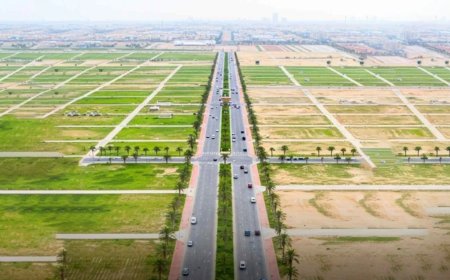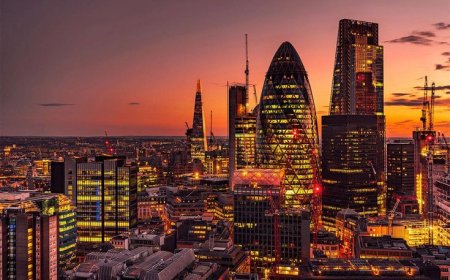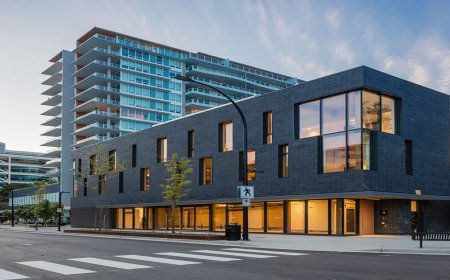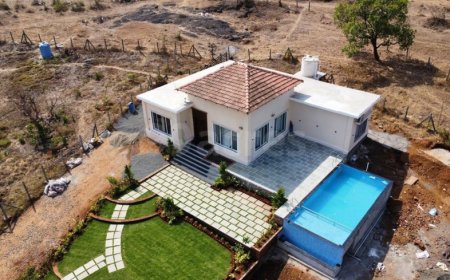Diwali always occurs on
Diwali always occurs on the 15th day of Kartik, celebrating light over darkness with 5 days of traditions, joy, and family unity.
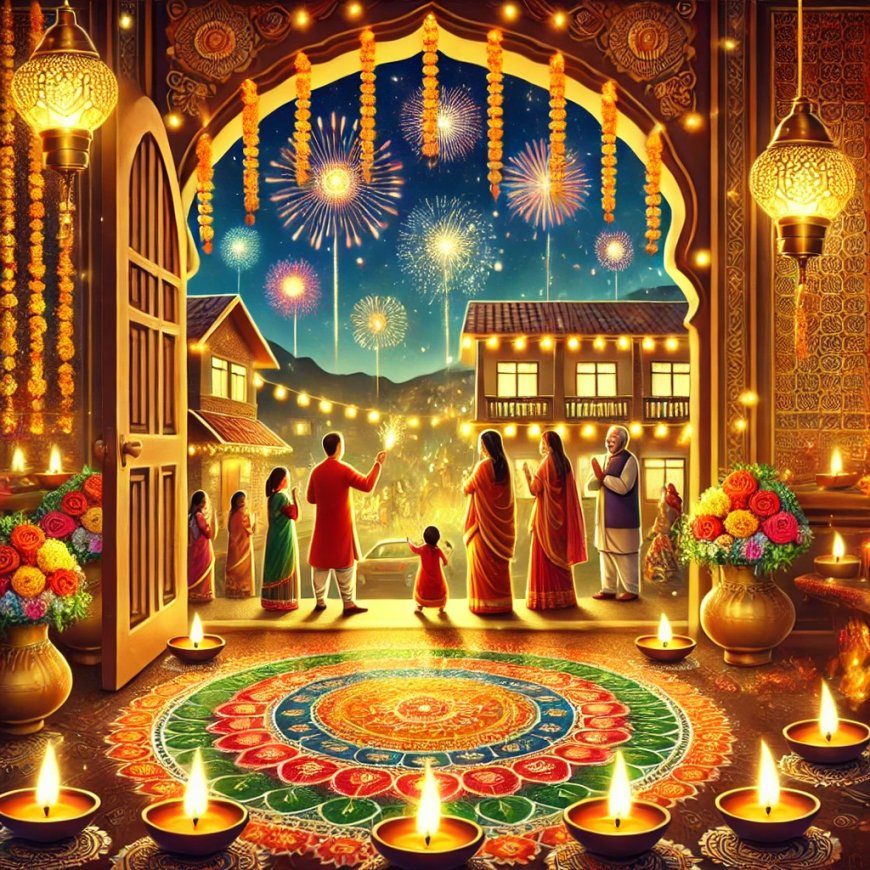
Diwali, also known as Deepawali, is the most significant Hindu festival, and its celebration is just around the corner. Diwali always occurs on the 15th day of the Kartik month according to the Hindu lunar calendar, which typically falls on the darkest night of the year. This year, Diwali will be celebrated across India with grandeur and enthusiasm on Sunday, November 12. The festival of lights symbolizes the victory of light over darkness and good over evil. It is believed that on this day, Lord Ram, accompanied by Mata Sita and his brother Lakshman, returned to Ayodhya after a 14-year exile (vanvas) and defeating Ravana, the king of Lanka.
The five-day Diwali celebration is a blend of light, prosperity, and cultural richness. The festivities begin with Dhanteras, followed by Naraka Chaturdashi (also known as Choti Diwali), Diwali itself, Govardhan Puja, and Bhai Dooj. Each day holds its own significance, with rituals that emphasize family unity, love, and the triumph of light over darkness. It's a special time for families to come together, light oil lamps (diyas), exchange gifts, and share joyous moments.
Diwali 2023 Calendar and Shubh Muhurat:
Here’s a detailed breakdown of the five days of Diwali and the auspicious timings (muhurats):
Day 1: Dhanteras or Dhan Trayodashi (November 10)
Dhanteras marks the start of Diwali festivities. On this day, people worship Goddess Lakshmi and Lord Kubera, purchasing new items to invite wealth and prosperity. According to Drik Panchang, the Dhanteras puja muhurat on November 10 is from 5:47 PM to 7:43 PM, lasting for 1 hour and 56 minutes.
Day 2: Naraka Chaturdashi (Choti Diwali) (November 11)
Choti Diwali, a day before the main Diwali, is celebrated with family prayers and preparations.
Day 3: Diwali (November 12)
This is the most important day of the festival. Lakshmi Puja is performed, and homes are lit with lamps to welcome the goddess of wealth and prosperity. The shubh muhurat for Lakshmi Puja varies by city:
- New Delhi: 5:32 PM to 8:00 PM
- Mumbai: 5:47 PM to 8:14 PM
- Kolkata: 5:17 PM to 7:45 PM
- Chennai: 5:52 PM to 8:08 PM
- Bengaluru: 5:49 PM to 8:16 PM
- Jaipur: 5:48 PM to 7:44 PM
- Hyderabad: 5:52 PM to 7:53 PM
Day 4: Govardhan Puja (November 13)
Govardhan Puja honors Lord Krishna, who lifted the Govardhan mountain to protect the people of Mathura from Lord Indra's wrath. The Govardhan Puja muhurat is between 6:46 AM and 8:58 AM.
Day 5: Bhai Dooj (November 14)
Bhai Dooj celebrates the special bond between brothers and sisters. This year, the Bhai Dooj Aparahna time is from 1:10 PM to 3:19 PM, with Dwitiya Tithi starting at 2:36 PM on November 14 and ending at 1:47 PM on November 15.
Diwali always occurs during a time that brings families together in celebration, reinforcing cultural values and traditions that have been passed down for generations. Each of the five days holds a deep significance, promoting unity, love, and the victory of light and goodness.
What's Your Reaction?




















